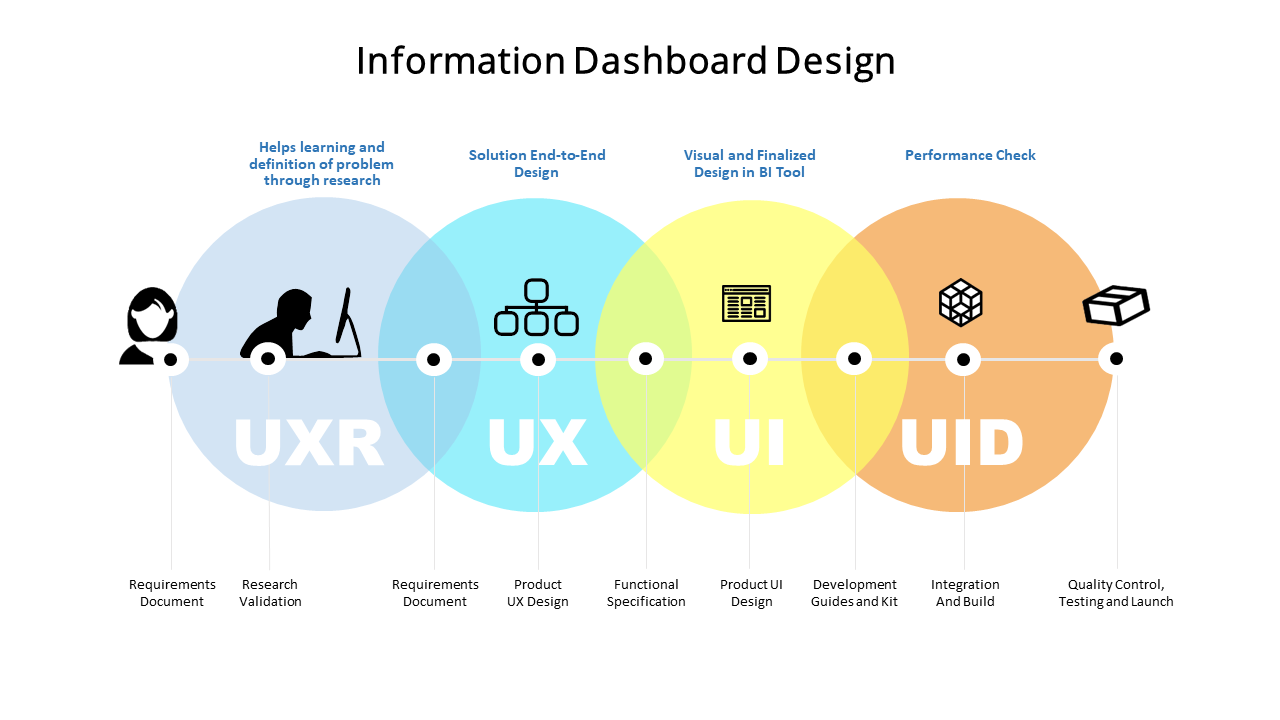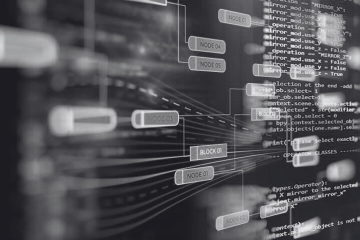Artigo escrito pela professora Janete Ribeiro
All over the world people says the digital transformation happened overnight. The need of social detachment triggered the process of remote job, digital channels, mobile payments, and all related digital business.
The business ecosystem felt the urgency to become digital, virtual and remote.
In other hand, all concerns about security, data privacy, infrastructure and social inequality barriers still be alive.
With the pandemic situation the early birds in digital transformation adoption, quickly goes to their backup plan to support their business, as for retailers as an example the e-commerce usually is a second channel of sales. Now is the first and unique.
On technologies background, if before data was considered the new “oil” for economy, now is a matter of life or death.
Never ever before, so many people searching about articles and scientific research throughout internet.
We discovered thousands of data scientists, with their dashboards and prediction about something neither the log time epidemiologist’s scientists know. Data turns every single mortal in a Good for a while.
But how to manage data in a way that could be useful and trustable?
First, we need to disseminate the “Open Data” culture. The “Open Data” and “Open Science” is the way we could collect, threat, and warehouse the right data to support public global policies decisions.
With a more collaborative platform to collect population main data about health, security, education, and food security, we’ll have the foundation to use data for good.
The best machine learning tools and all mathematics methodologies need sanitized and organized data in order could being applied. If we use a controversial data source, with not all-important variables to be considered, we could generate a deviation. I heard people saying has an racist AI, that don’t exist, what exist is the fact the majority of image data sources where AI tools are trained, was generated in Europe or USA, for middle and high class people. That means, has small or no Africans images on that data sources, and less than it, people with a mixed race, like me. For that AI I’m an extraterrestrial.
The COVID-19 efforts to predict the curve and waves dimensions has many small considerations we must have before to decide our next steps. I’ll list bellow some of basics statistical and mathematical ponderations the decision makers must have when read a prediction graph:
1 — The timing between data collect and data published. The delay estimated is around 24 hours or 48 hours. Then, if the data appoints 100 contaminated people, you must consider you will have more now and much more tomorrow when your decision will be done.
2 — The source historical data will influence in the mathematical methodology applied, as I had told about the image data source without Africans could create a racist AI, a source data what do not consider any country characteristics or person profile, could deny the predictive propagation of the pandemic. And on this case, mathematical saying is just 5% plus or less, but that are human’s life plus or less.
One article published on “CIO Economics” site, confirms my assumptions above when they said the following:
“As the baton of decision making, which often warrants rational human intervention, passes on to algorithms and programs, the issue of ethics, discrimination and fairness will remain paramount. The quality and accuracy of data as input is extremely critical; else it can easily spiral into unintended consequences. Similarly misplaced predictive analysis feeding into an automated decision system poses significant risks in certain scenarios. The balance of power between man and machine will continually tilt towards a machine dominated world. With these concerns, the rights of individuals to not be subject to automated decision making, and meaningful opportunities to challenge authenticity & accuracy of data, logic for analysis, and adverse automated decisions will have to be carefully preserved. Transparency and better explanability of logic on decision making can help bridge the trust deficit. Let’s understand larger implications of what we are building & ask tougher questions, and if required make tougher choices, even if it means reimagining business models, for a better, safer and fair data driven world.”
The data privacy issues is another headache for decision maker and chief data officers around the world. Now to monitoring the pandemic evolution many countries are using the people’s mobile phone to track them.
In another article at “Call matters site” they appoint the Apple and Google solutions to solve the pandemic tracking people issue:
“Laboratorians and academic researchers are importing and contextualizing de-identified data for “hot spot” mapping and to inform decision-making on where to deploy public health resources. Aggregate data on demographics, socioeconomic status, insurance coverage, access to care and outcomes help pinpoint populations and regions of over- and/or underutilization of health care services. The Google-Apple app will maintain Bluetooth contacts on individual phones, rather than central servers — a critical differentiator that allows data to advance public health goals without sacrificing individual personal privacy, which is critically important.”
The “anonymization” or “de-identifying” data is must important treatment to supply that data for scientists and governments.
To really use “Data for Good”, we still demand people who understand not just about mathematical methodologies, statistics algorithms, and disruptive technologies. We need people with “empathy”.
All disruptive technologies need behind it a real “human” person to care and prepare the data.
For data becomes a new “oil”, equal as crude oil, they need to be refined by a specialist one.
The Author:
· Chief Data Foundations Specialization — MIT/USA;
· Master Degree in Business Administration emphasized in Marketing — FGV/Brazil;
· Main career developed on High Technology for Financial, Insurance and Retail sectors;
· Professor in Post-Graduation in BIG Data Analytics for SENAC University and Special Classes for Instituto D´Vinci3 for Data Science technical course;
· Owner and Chief Data Officer at Analytics Data Services Consultancy;
· Writer of two books: O profissional de Inteligência Competitiva, Publicit, 2014 and Pesquisa de Marketing, Série Universitária SENAC, 2017.
Source:
https://medium.com/@janete.ribeiro/data-for-good-in-a-covid-19-crisis-441ae316cd02
Site Call Matters — https://calmatters.org/commentary/contact-tracing-for-covid-19-shows-potential-of-data-for-good/




